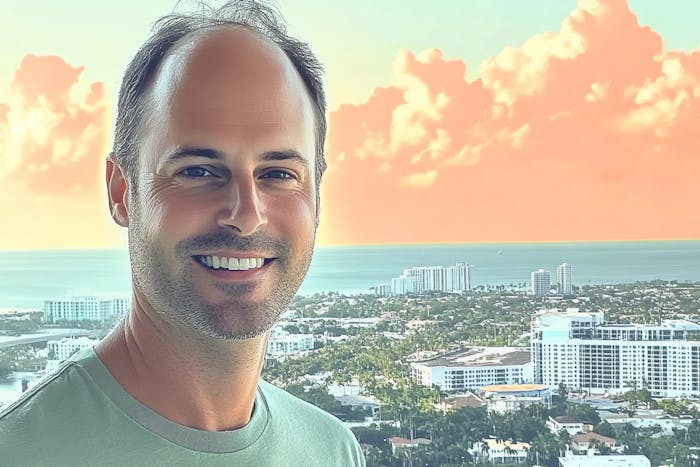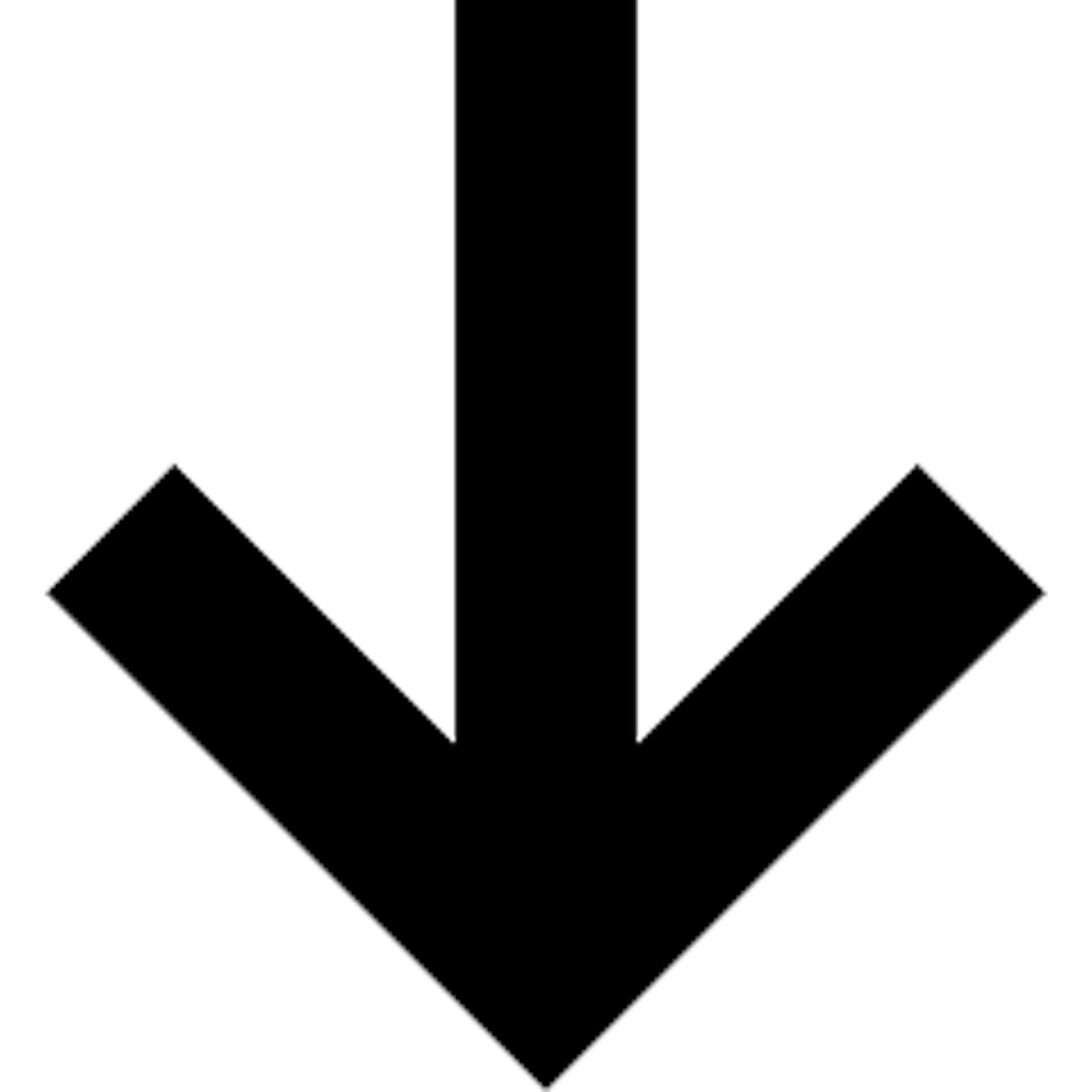39-year-old serial founder has 9-figure exit in sight on his latest
venture

After years as a serial founder, 39-year-old Richart Ruddie has hit the reset button, selling his other businesses to fund his latest venture CaptainCompliance.com. Since coming to market in the last month, he's approaching a million dollars in ARR.
Let's take a peek at Richart's finances.

A Consistent Grind
Richart's indie hacking journey might sound like an overnight success, but it's the result of hacking away every day for the past 14 years.
He recalls how earning his first dollar online felt "glorious". This was back in 2010, when he was running ads for an analytics site he built and all of a sudden sales started to pour in.
Fast forward 12 years later, he was breaking $100k in online sales every month.

Funding and Exits
Captain Compliance is Richart's B2B SaaS product. It helps keep companies compliant with data privacy requirements by automating functions like cookie notices and consent management.
It works on a subscription model, and since coming to market just last month, they've already hit six-figures in ARR and growing.
Richart funded the new venture via a lucrative exit that came from selling a small software company he started at a 5.5x return on invested capital.
“Now I'm planning on doing 400x with CaptainCompliance.com.”
What excites Richart about this business is that the path to a large exit is in sight, while his other ventures had lower caps.
He believes the way they're building out Captain Compliance makes it super scalable, and that any investor that's part of their cap table is going to be extremely happy.
One of Richart's advisors, a well-respected cybersecurity maven, made an intro to a well-known Silicon Valley VC Fund who loved the business concept and early stage traction.
Their advice to the team was to "keep pushing and hold onto the equity, as you're going to hit a 9-figure exit."
“I'm considering running faster on the treadmill, but either way I will get there because I'm determined and have led companies through good times and tumultuous times and found a great exit.”

Business Expenses
While Richart started the project solo, he's since brought on co-founders to join him.
“We hired A-players, and to have the best on the front lines you need to pay well and incentivize as a startup.”
Their business expenses have run anywhere between $60k/month and $100k/month, depending on a few dynamic variables.
They keep it pretty lean with the exception of salaries, which today are pushing roughly $100,000/month:
OpenAI: $20/month
Github: $98/month
Zendesk: $440/month
Email: $200/month
Slack: $90/month
Hosting: $180/month
Salaries: everything else

Personal Finances
Richart has lived in Fort Lauderdale, Florida since 2011. He considers himself fortunate to have locked in his mortgage on a 3-story house in June 2021 at only 2.75%.
“While I have friends that spend $6500 to rent a 3-bedroom apartment, my mortgage, taxes, and insurance are roughly $4800/mo for a 3-story house.”
In addition, buying an electric car has saved Richart a lot of money. Since he drives a Tesla, he doesn't have to check gas prices anymore.
And when flying commercial, he tries to travel on non-first class tickets.
“I travel on points and don't do extravagant and lavish things.”
Here's a snapshot of Richart's personal finances:
Housing: $4800 (Mortgage, Taxes, and Insurance)
Founder income: $0
Real estate portfolio: Up 70% YTD
Right now he doesn't pay himself, as he's focused on growing the business. However, he's diversified with real estate, crypto, art, stocks, and some money in his bank accounts.
“Soon, my most valuable asset will be the business.”
His biggest expense right now is running the business. Additionally, their office is in an opportunity zone which has tax benefits from profits rolled from one deal into real estate.

Investing in Real Estate
Richart is big on real estate investments, having invested in opportunity zones all over the US from Hawaii, California, Delaware, and Florida. He's also one of the lead investors in a successful commercial real estate group that buys shopping centers and re-tenants empty boxes with national name retailers with long leases.
This portfolio holds a few hundred million dollars in real estate. However, he's not super active in the day to day operations of this venture as he's focusing on growing his startup to be worth even more than the real estate portfolio. Still, the real estate portfolio is part of his retirement savings along with equities. He also has a PCL and debt on his various real estate holdings.
"My portfolio was up 70% YTD as of this afternoon."

Never buy a second home
According to Richart, buying a second home is an investment mistake. Instead of buying a vacation home, he recommends putting your money to work elsewhere and staying at a hotel when you travel.
For example, he describes how you could earn 14.5% annually on your money by investing in real estate and get quarterly distributions. So, if you put in $1 million, you get back $145,000 a year. However, if you buy a vacation home for $1 million, you might need to put 20% down and then have a monthly mortgage, as well as pay insurance, taxes, electric, gas, and potentially a home owners association fee.
"What are the odds the house doubles in value in 6 years? If you sell it you still have to pay 6%. It's hard to get it to make financial sense."
Beyond financial returns, one of his infrastructure projects that pays out 14.5% annually with quarterly dividends is a Delilah Miami. He says the contacts and requests he receives from those looking to get a reservation there pays off in relationship dividends.

Stay Lean
Richart's advice to fellow indie hackers is to "stay lean" and recommends using Google Voice to save early on.
“Once you get rolling and generating income, then you can start to spend a little more but always remember your roots.”
He describes how when he started a business with $500 and was at $90k/mo within 9 months, he still kept the free phone service till 2015.
The founder works 70+ hours a week, which is basically two full-time jobs, working the capacity of 6 employees. But he doesn't seem to mind. In fact, one of his guilty pleasures is sitting alone in the office with no distractions and grinding it out.
For him, money is just an easier way to keep score. Once you get past a certain amount its irrelevant in many ways.
“Do what you love not for the money but for enjoyment.”

Nice article
Hey Indie Hackers! Built a web or mobile app but moved on to something new? Don’t let your hard work go to waste—list your app on AppShopp co (link in my bio) and start earning effortlessly. We’ll handle the rest!
Good insight 👍
Clickbait. It's a cool business profile, but a company that has $1.5M in annual revenue is nowhere close to a $100+M exit.
I love this - inspiring to read he started his first business with just $500. I'm intrigued as to how he built it up to $90K/month in under a year - that's the dream right? To be build something quickly to keep expanding and building? Maybe that's just me....
Would love to hear more about how he got into investing in real estate and got those great payouts!
Great story!
that's great story